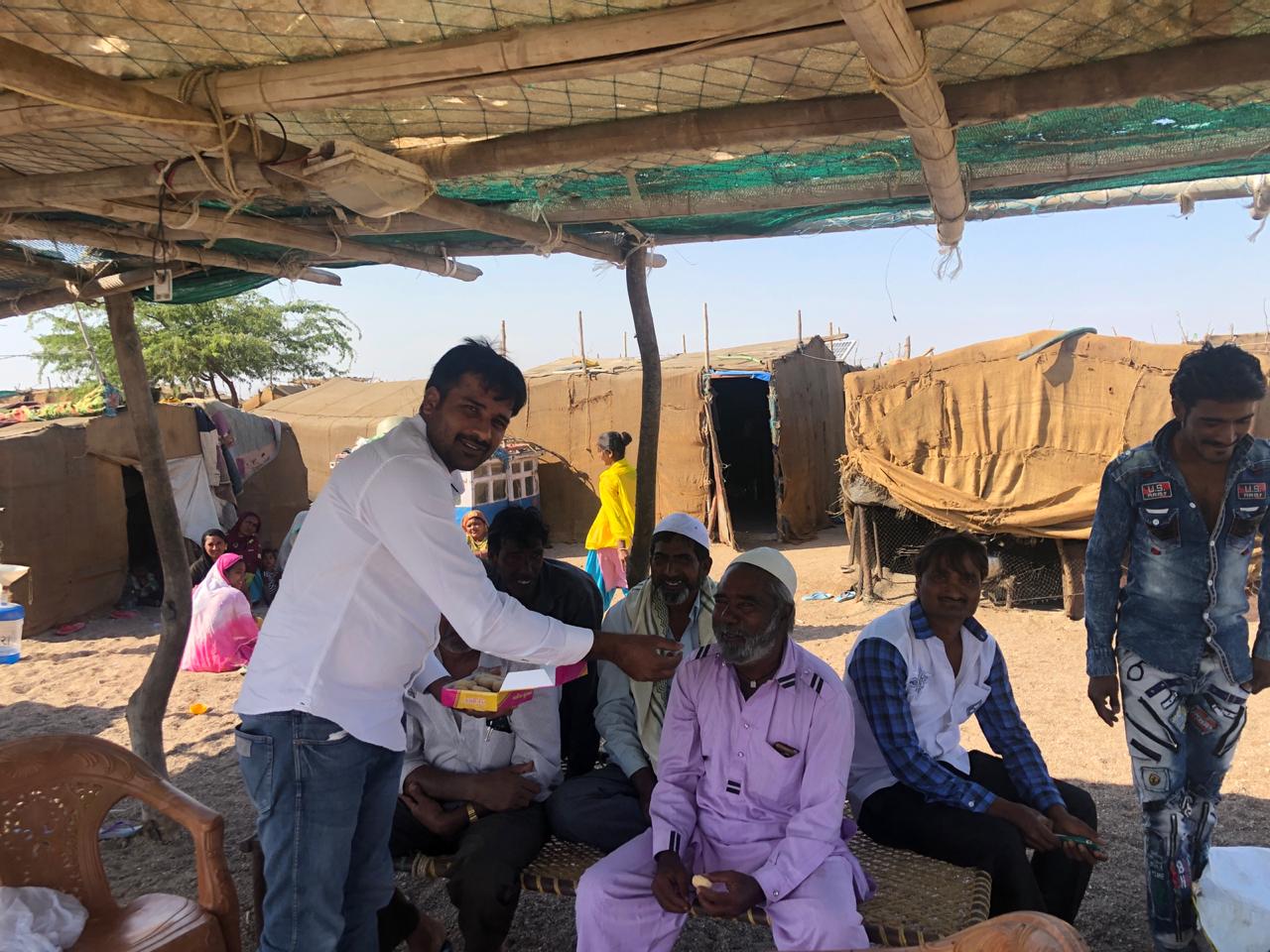This is the first time the US Supreme Court has addressed the scope of international organisations’ immunity
 February 28, 2019, Mundra, Gujarat: Machimar Adhikar Sangharsh Sangathan (MASS) and the affected communities by the Tata Mundra Ultra Mega Project welcomes the historic decision of the US supreme court which ruled that international organizations like the International Finance Corporation of the World Bank Group do not enjoy absolute immunity, and can be sued.
February 28, 2019, Mundra, Gujarat: Machimar Adhikar Sangharsh Sangathan (MASS) and the affected communities by the Tata Mundra Ultra Mega Project welcomes the historic decision of the US supreme court which ruled that international organizations like the International Finance Corporation of the World Bank Group do not enjoy absolute immunity, and can be sued.
The construction of the Tata Mundra UMPP has destroyed marine fisheries resources and traditional fishing practices like the pagadia fishing, which has adversely affected our livelihood. The fishers had objected to their coasts and sea getting destroyed in the name of development projects and opening up of coasts to polluting industries, particularly the thermal plants. Much of India’s polluting industries are concentrated around the coast and the new plan to industrialise the coast through port-led development will only intensify the resource grab and destruction of the livelihood of fishers and farmers.
The US Supreme Court’s verdict is a call for accountability from the national and international financial institutions, which cannot escape accountability under the veil of immunity any more. The global financial institutions have to recognise the law of the land and accept that they are answerable to the courts and people. The case, Budha Jam v. IFC, brought by fishermen and farmers affected by IFC-funded Tata’s Mundra Ultra Mega Project challenged the absolute immunity enjoyed so far by international organisations like IFC.
Welcoming the Judgment, Dr Bharat Patel, General Secretary, MASS, and one of the petitioners in the case, said: “International Finance Institutions have to be mindful of the fact that development which is being promoted need to take into account of the traditional rights and livelihood of the people who get affected by the project and cannot wash off their hands after financing destructive projects.”
The Court’s decision marks a defining moment for the IFC – the arm of the World Bank Group that lends to the private sector. For years, the IFC has operated as if it were “above the law,” at times pursuing reckless lending projects that inflicted serious human rights abuses on local communities, and then leaving the communities to fend for themselves.
International organisations like the IFC have long claimed they are entitled to “absolute” immunity, even as they engage in commercial activities, like the coal-fired power plant at the heart of this case. Because the relevant statute only gives the IFC the same immunity as foreign governments, and foreign governments do not have absolute immunity in U.S. courts when they engage in commercial activities, the Supreme Court rejected this position: “The International Finance Corporation is therefore not absolutely immune from suit.”
Budha Jam, the main petitioner, said: “After eight years of long struggle against IFC at different forums, we are so happy to see that the US Supreme Court has vindicated our stand. We will continue to fight the IFC until we get justice. The verdict was keenly awaited by not only by us but by the communities from across the world, which are relentlessly fighting the crimes of the international financial institutions, who destroy environment and livelihood in the name of development.”

MASS salutes the fishers of Mundra who lead the struggle over the past decade and challenged the World Bank at various levels. We thank those who have contributed in our struggle particularly the Earth Rights International and Stanford Law School Supreme Court Litigation Clinic, which represented our case pro bono. We also thank all the national and international groups who helped us in the fight, gave solidarity and stood with us shoulder to shoulder. We stand together in struggle.
Contact:
Dr Bharat Patel
General Secretary, Machimar Adhikar Sangharsh Sangathan, Mundra, Gujarat
+ 91 94264 69803
bharatp1977@gmail.com
Gajendra Sinh
Sarpanch, Navinal Gram Panchayat
+91 98255 28544
